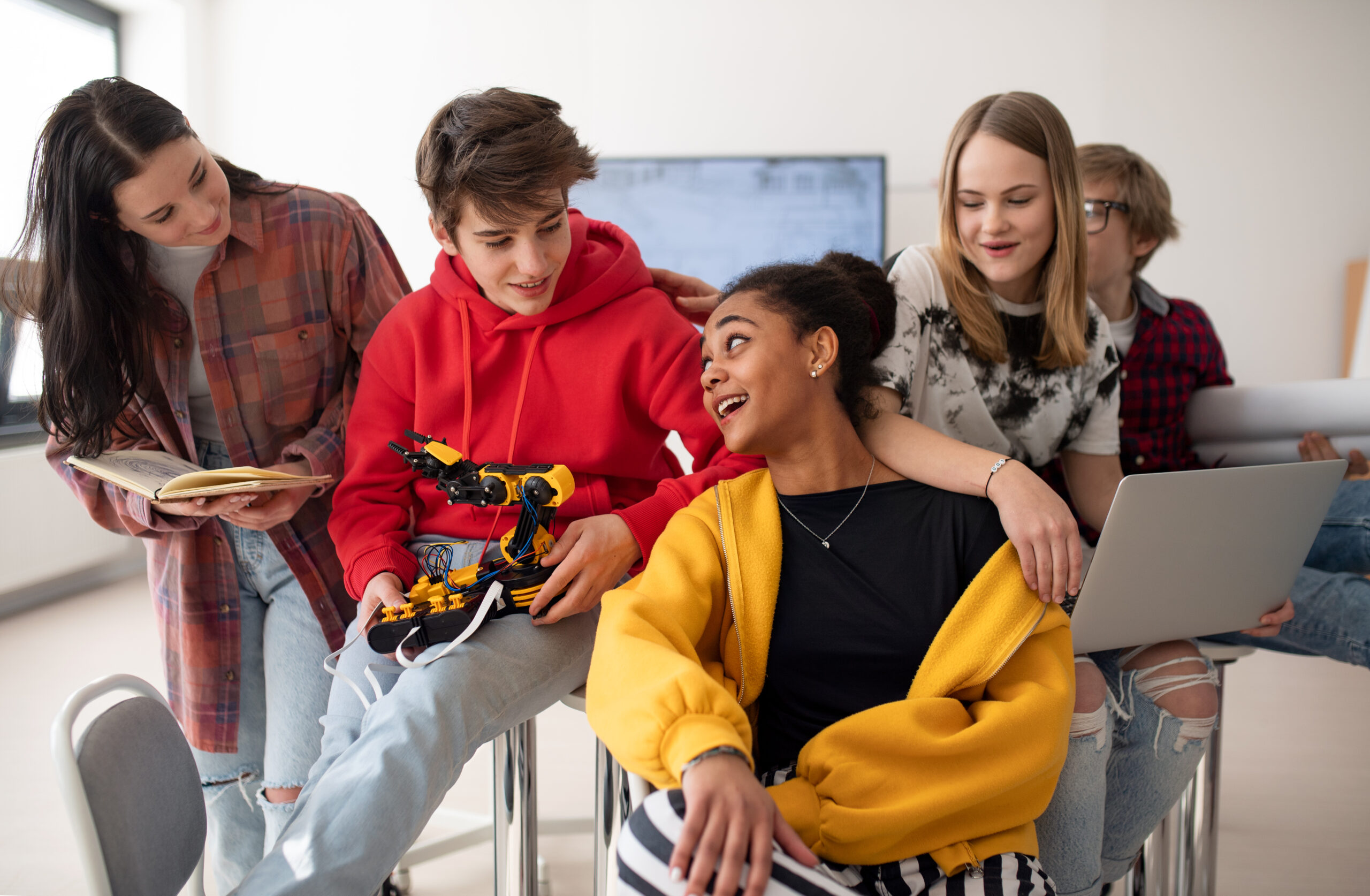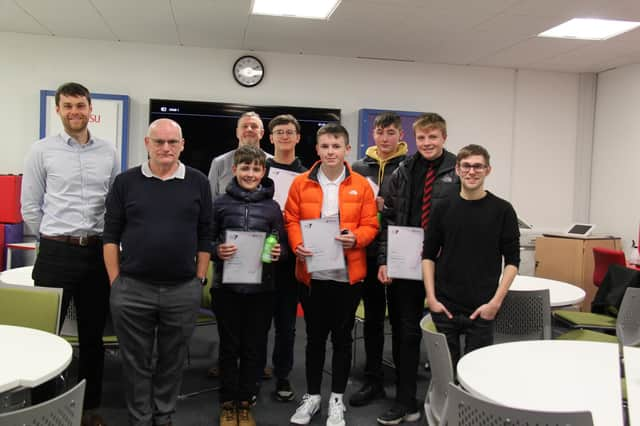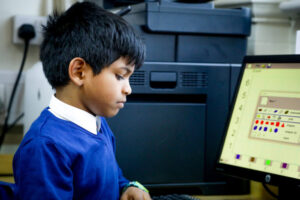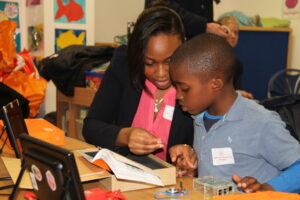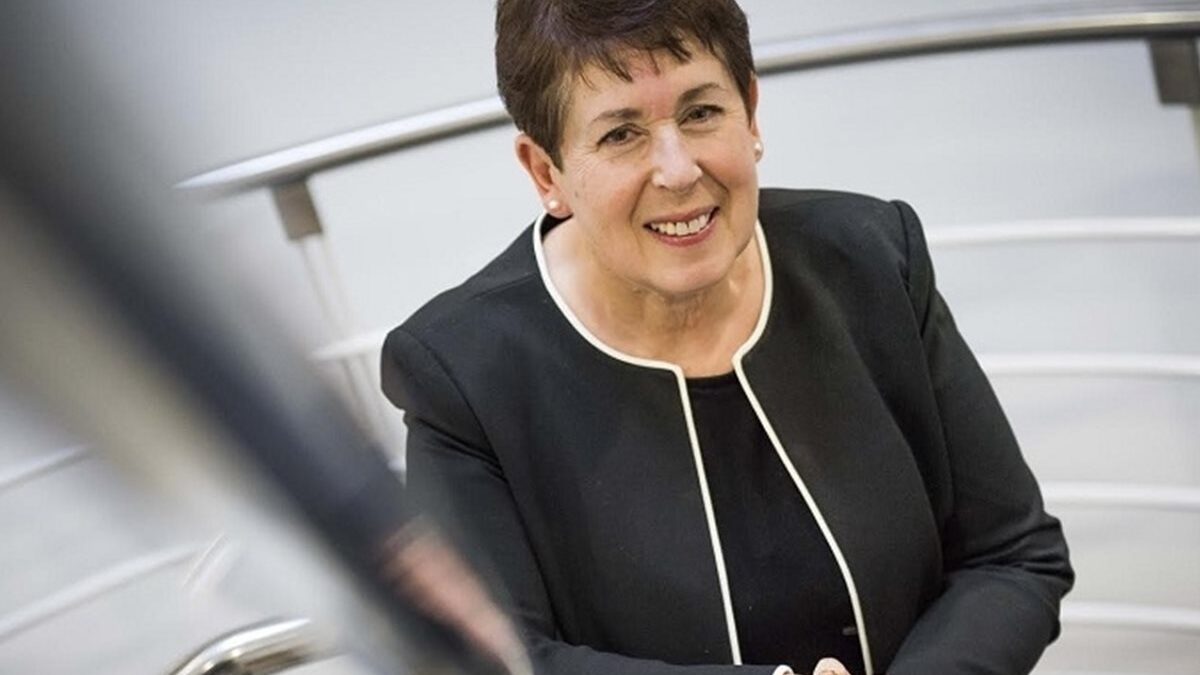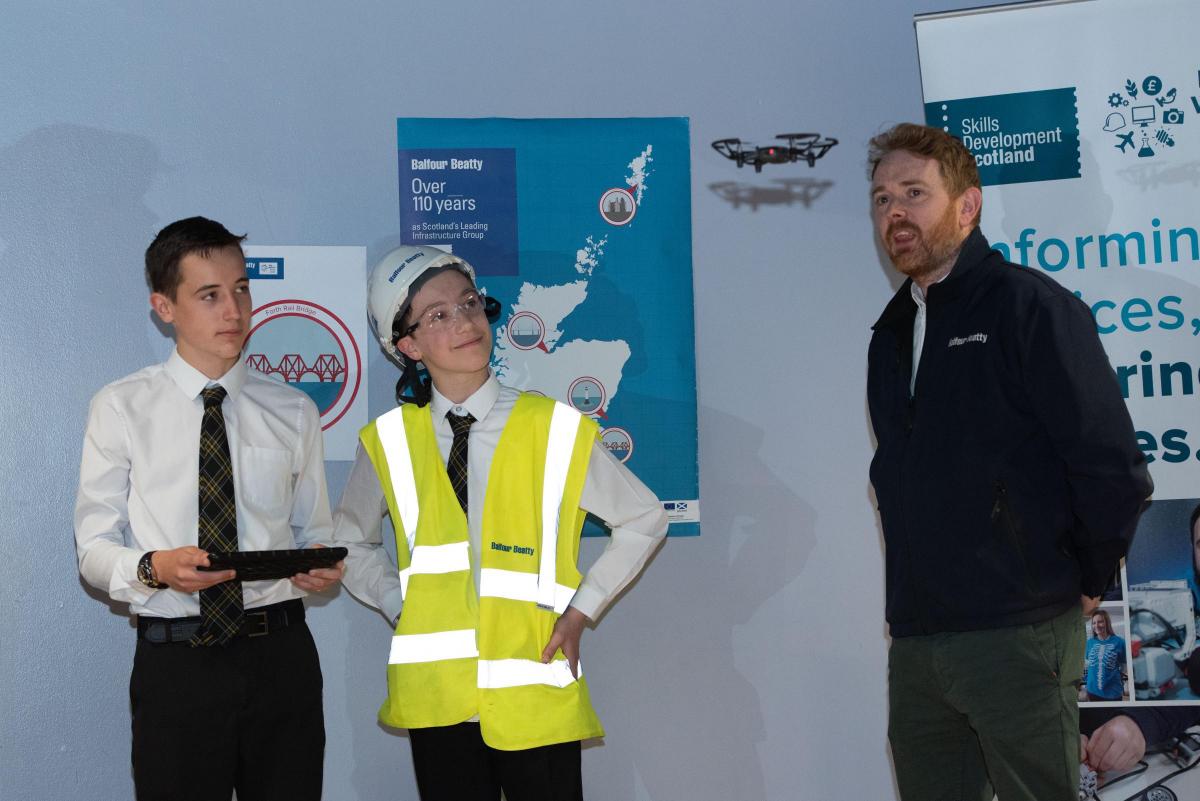Digital skills gap to be tackled as new tech clubs aim to address a shortage of key skills
The growing demand for digital skills in the Scottish economy is to be addressed with support to create a new series of tech clubs across the Highlands region.
Skills Development Scotland (SDS) is working with the Scottish Government and Highland Council on the initiative which aims to train volunteers, provide teaching resources, and tech kit as well as trial online delivery to ensure people in rural areas don’t miss out.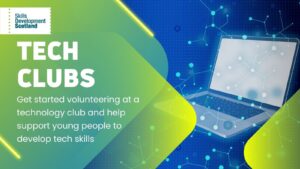
The pilot programme kicks off on 27 April when the first ever hybrid tech club event for Highland secondary school pupils takes place. Participants will “code a data selfie” learning data science and coding skills to create their own unique piece of art.
Phil Ford, Head of Digital Economy and Financial Services at SDS said: “The digital skills gap in Scotland has now become critical and many tech jobs go unfilled every year.
“This is particularly true of the Highland economy where digital skills and jobs are now essential in non-tech sectors like agriculture, energy, tourism, food and drink and the creative industries.”
The expansion of tech clubs across Scotland was a key recommendation of the Scottish Tech Ecosystem Review, which was followed by last month’s publication of the Digital Economy Skills Action Plan.
Beth Brown, Senior Lead Manager for Developing the Young Workforce at Highland Council added: “Tech clubs can help young people develop vital digital skills, particularly for those who may face barriers in accessing formal tech subjects in the curriculum.
“The clubs offer an enriching experience for all young people regardless of background and skill. There are some fantastic tech clubs in Scotland, and we want to see more of these in the Highlands.”
Partners involved in the initiative hope to encourage technology experts and companies, schools and colleges, the third sector and community groups like libraries and youth clubs to get involved and improve the career prospects of young people in the Highlands.
As a key partner of Digital Xtra Fund, Skills Development Scotland’s tech club resources – which can be used outwith the Highlands as well – will be hosted on the Fund’s website for anyone interested starting or volunteering at a tech club near them. For more details, please visit www.digitalxtrafund.scot/directory-of-resources.
A short video is available here explaining more about digital tech clubs and the support available.
Highland secondary school classes can sign up here for the first hybrid tech club event on 27 April.

